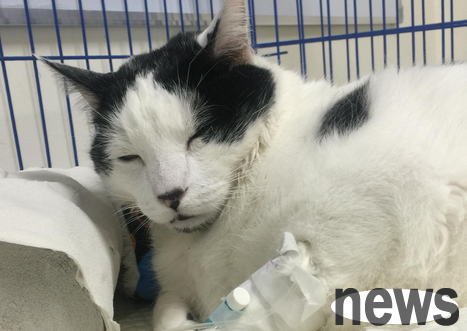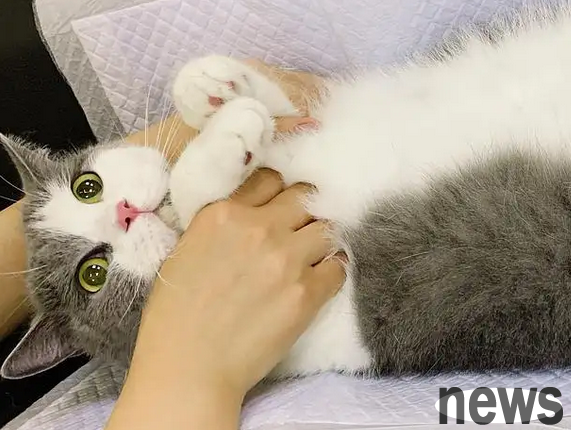Symptoms of cats with early symptoms of myocardial hypertrophy? Generally speaking, the initial symptoms are generally not obvious. As the condition develops, symptoms such as breathing, arrhythmia, mental depression, and fainting will generally occ...
Symptoms of cats with early symptoms of myocardial hypertrophy? Generally speaking, the initial symptoms are generally not obvious. As the condition develops, symptoms such as breathing, arrhythmia, mental depression, and fainting will generally occur. When the owner finds that the cat has drowsiness, mental illness, gasp, etc., he/she should take the cat to the pet hospital for diagnosis in time. In normal times, foods that are fully nutritious and suitable for the cat's physical fitness should be prepared for the cat, and warm measures should be taken for the cat according to the season and the cat's own physical fitness.

1. What are the symptoms of hypertrophic heart disease in cats?
There are almost no clinical symptoms in the early stage of hypertrophic heart disease in cats. Routine examinations can only detect heart murmurs, galloping horse sounds or abnormal rhythms. Many cats may only diagnose this disease when they have obvious and serious clinical symptoms, such as acute pulmonary edema or systemic thromboembolic. The average age of onset is 6 years old, ranging from 8 months to 16 years old, with about 75% of them being male.

2. How to treat cats' heart hypertrophy? The treatment plan for hypertrophic heart disease is to recommend the use of drugs containing beta blockers and oral anticoagulants to prevent thrombosis. If hypertrophic cardiomyopathy in cats is also accompanied by pulmonary edema, it is recommended to use diuretics for cats, and observe the amount of dehydration in the cat, and replenish the cat if necessary. If there is no pulmonary edema, it is recommended not to use diuretics for a short period of time. If the cat's mouth and tongue turn purple, it is recommended to send it to the pet hospital for examination and treatment immediately.